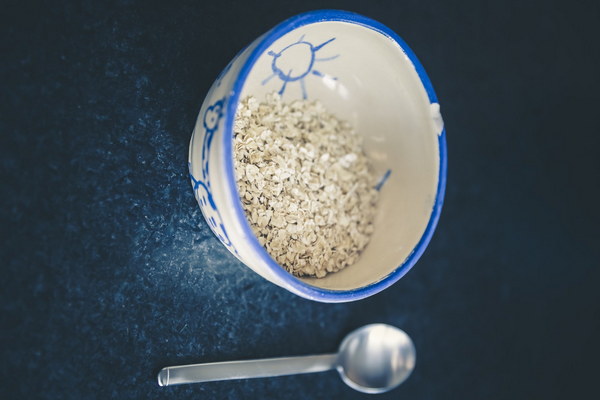How Radish Helps in Cleansing the Lungs and Loosening Phlegm A Nutritional Insight
Introduction:
Radish, a versatile and commonly consumed vegetable, has been praised for its health benefits for centuries. One of its notable properties is its ability to clear the lungs and relieve phlegm. In this article, we will delve into the reasons behind this phenomenon and explore how radish can contribute to respiratory health.
1. High Water Content:
One of the primary reasons radish is beneficial for the lungs is its high water content. Radish consists of about 90% water, making it an excellent hydrating food. Adequate hydration is crucial for maintaining healthy respiratory function, as it helps to thin mucus and make it easier to expel.

2. Detoxifying Properties:
Radish contains compounds that have detoxifying properties. These compounds, such as isothiocyanates and sulforaphane, help to eliminate toxins from the body, including those that may accumulate in the lungs. By doing so, radish can support lung health and reduce the risk of respiratory diseases.
3. Anti-inflammatory Effects:
Inflammation is often associated with respiratory conditions such as bronchitis and asthma. Radish contains anti-inflammatory compounds, such as quercetin and kaempferol, which help to reduce inflammation in the lungs. This can alleviate symptoms and improve overall respiratory function.
4. Loosening Phlegm:
Radish has a natural ability to loosen and break down phlegm. The sulfur compounds present in radish, such as mustard oil, work to thin mucus, making it easier to cough up and clear from the respiratory tract. This can be particularly helpful for individuals suffering from colds, flu, or chronic respiratory conditions.
5. Antibacterial and Antiviral Properties:
Radish possesses antibacterial and antiviral properties, which can help fight off infections that may lead to respiratory issues. The presence of vitamins C and A, along with other antioxidants, strengthens the immune system and enhances the body's ability to combat infections.
6. Nutritional Value:
Radish is rich in essential nutrients that support respiratory health. It contains vitamin C, which is known for its immune-boosting properties. Additionally, radish is a good source of vitamin A, which plays a crucial role in maintaining healthy mucous membranes and protecting against respiratory infections.
Conclusion:
Incorporating radish into your diet can offer numerous benefits for respiratory health. Its high water content, detoxifying properties, anti-inflammatory effects, ability to loosen phlegm, and antibacterial/antiviral properties make it a valuable vegetable for individuals looking to improve lung function and reduce the risk of respiratory diseases. So, the next time you add radish to your meal, remember its potential to support your respiratory health.









